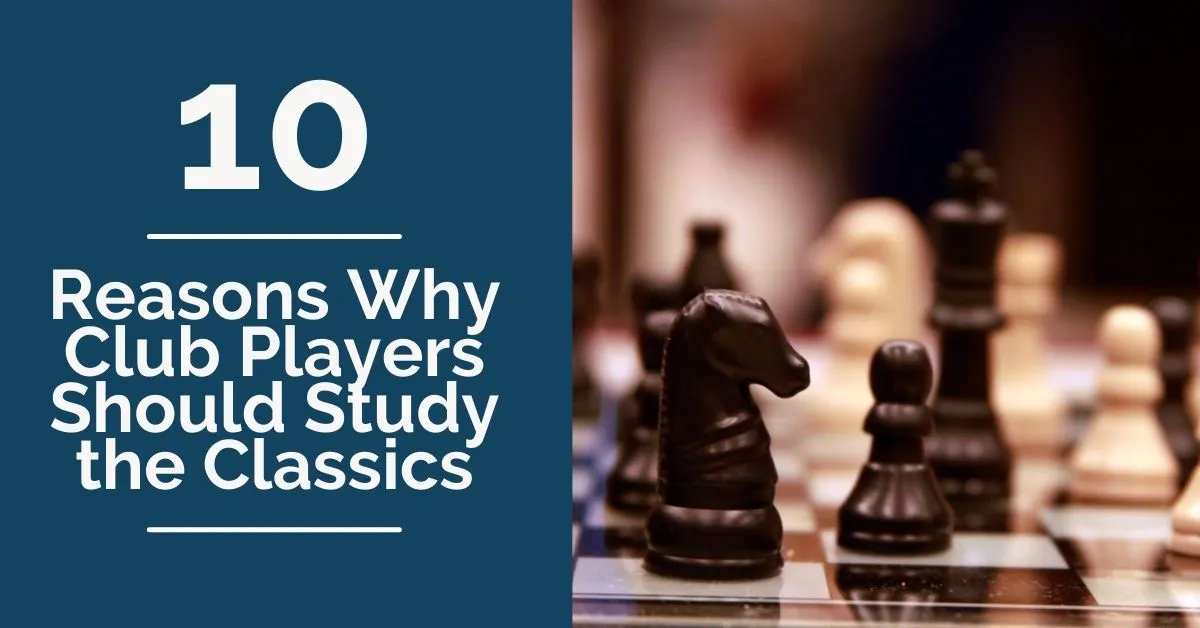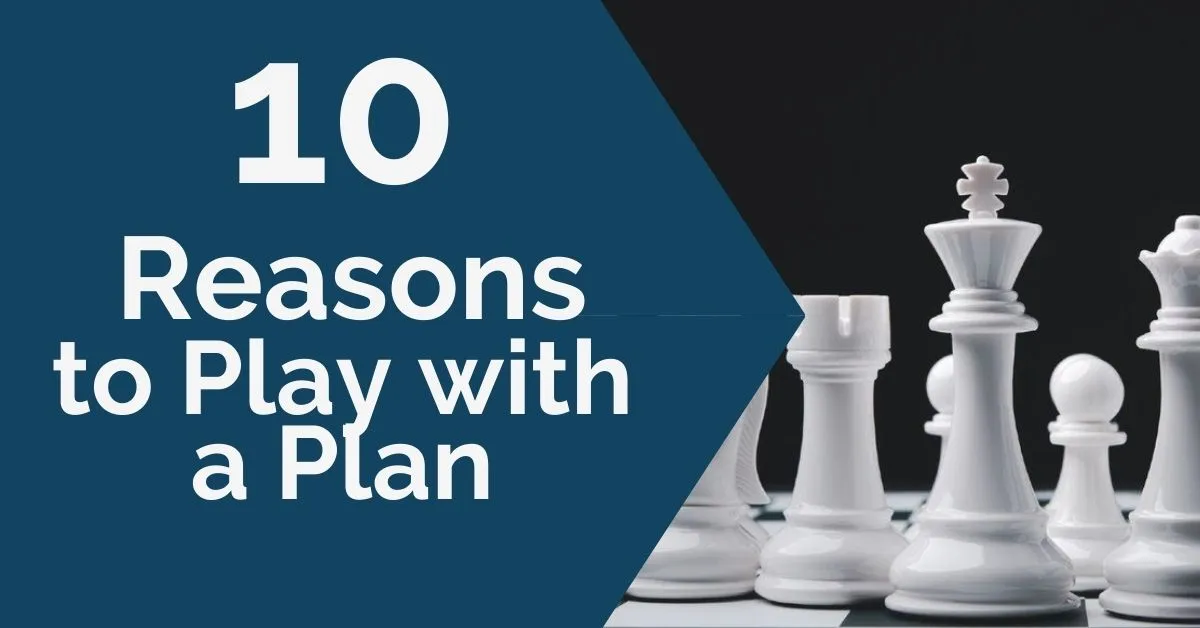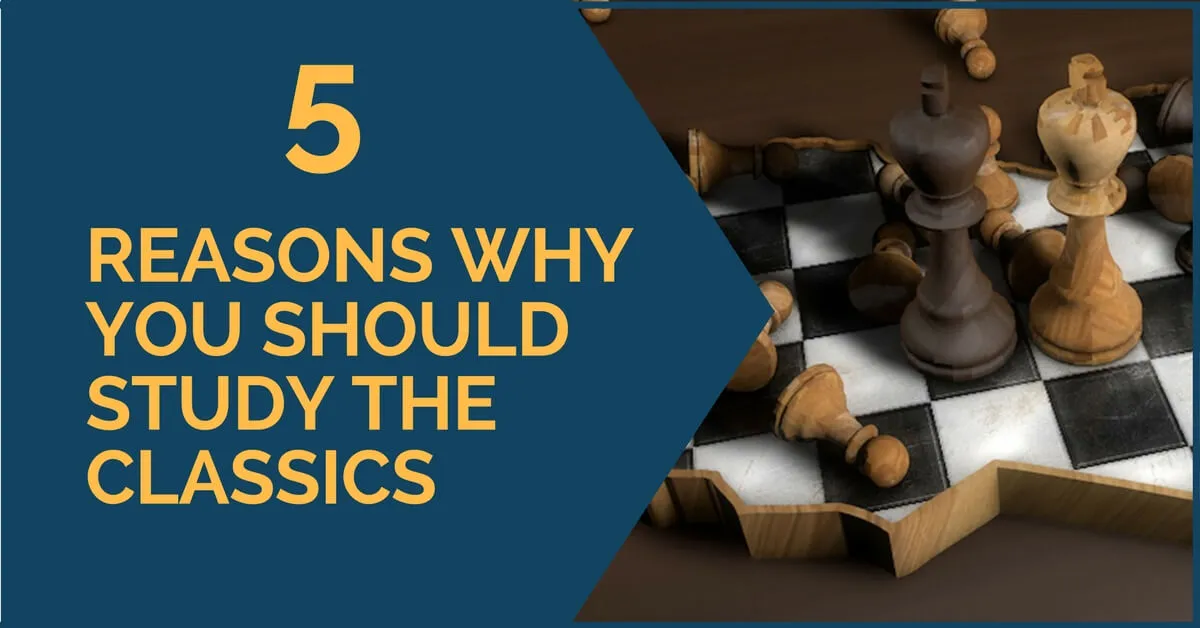15 Tips to Boost Your Rating Up to 2200
Training your chess should be an everyday task, ideally. It is easier said than done, but from amateurs to professionals the amount of time dedicated to actual training is always limited. Different aspects of life, like for example a job, home and family obligations don’t let us dedicate as much time as we would like to our noble game.
Sometimes it is none of the above, but the lack of self motivation that keeps us from improving quickly. In this article we are going to give you some tips on what you can do to keep yourself in shape and improving. The following advice is listed in order of importance, according to ourselves.
- Puzzle solving. We believe that this is the most efficient way of improving. However, not everybody does it in the same way and it doesn’t have the same effect on every player. There are two kinds of exercises and two different purposes for them.
- Quantity over Quality. If you feel your tactical level is poor, try doing simple exercises, but do a lot of them. This will help you keep aware of the tactical tricks in your games – not only your own, but your opponent’s as well.
- Quality over Quantity. Solve complex positions. Sit on the board and think for 15-20 minutes on a position where the right move is not obvious. You have to be forced to select a move between several possibilities and calculate which one is right. This is the most valuable practice – sitting at the board to think at home and do exactly what you do during a tournament game.
- Opening work. Nowadays, openings can’t be the last of your priorities. With everyone so well prepared and with so much information out there, each of us should have the openings well studied in order to make it to the middlegame in good conditions. For years it has been said that you should study the endgames first, then middlegame and at last openings, or that openings are not too important for beginners. We believe it is not quite like that these days for the following reasons:
- A good opening will yield a good middlegame where the game can already be decided or an endgame with enough advantage to at least not lose!
- Shorter time controls. Even at top level we don’t see a great endgame play. Perhaps this happens because by the time the endgame is reached both players are usually low on time and their play is not the best.
- Last but not least, amateurs have big problems making it to the endgame when playing against stronger opposition. A master will always try to take advantage of his opponent’s poor play in the opening and very often he will succeed.
We still think that studying endgames is highly important in chess, but we also believe that studying the opening phase and having a worked out opening repertoire is of no less importance.
Ready to start systematic training that actually works?
Click here to start your training using the day-by-day program.
- Choose your openings wisely. Be objective with the style of player you are. Pick your openings according to the time you can dedicate to studying them and your own abilities to learn them. To give you an example, if you are not the kind of player than can memorize long, forced variations, then there is no point in playing sharp openings like the Poisoned Pawn Variation of the Najdorf or the Botvinnik System of the Queen’s Gambit. Instead, you should go for more classical openings that don’t depend on an exact move order. If you are not sure what openings are good for you, consulting with a coach is the best idea.
- Endgame study. Having a decent endgame knowledge will definitely improve your results drastically. We suggest you start with the most known theoretical endgames and learn them by heart. The idea is to accumulate as many endgames as possible in your brain and know what you must do in each situation, remembering the concepts to apply. Most players don’t do this work and as a result their strength drops severely when half the pieces are traded off the board. Won positions are drawn, drawn positions are lost and the same story repeats over and over again. Try to build yourself some endgame education in order to keep up the fight till the very end.
- Practice. Perhaps the easiest and the hardest thing to do at the same time. It’s always nice to have someone with similar strength and goals to train with but these cases are rare. Most chess players don’t often get together to play or analyze anymore. However, those who do it on a regular basis and take the practice seriously see their results improve quickly. Practice not only by playing sessions of rapid games, but also play the openings you study with both colors in order to understand well the resulting positions.
Bonus TIP: Analyze your own games.
Always examine the causes of defeat, as well as victories. Even in those games you win there should be mistakes. Identifying them and working to solve them is one of the keys to success. From every game you play you must extract conclusions about your play. Here are some questions to answer:
Opening:
- How was your opening play?
- Were you in trouble?
- Did your opponent surprise you with a move you didn’t know about?
- What was the first new move of the game?
Middlegame decisions:
- See what good/bad decisions you and your opponent made in the middlegame. Annotate the mistakes as well as the improvements, write words about the ideas and plans.
Endgame:
- Examine the endgame and research for similar positions in books or databases. Most endgames have been already played by others and you can research for the right way to play them.
We hope to have summarized everything that a standard practice should include and hopefully it will result useful for you. Remember to keep yourself motivated; for this we recommend to not lose the fun of a game, take risks and learn new things. Don’t be afraid to lose, don’t get too high on your victories, keep an analytical mind and keep learning and improving. Thank you for reading and feel free to share any thoughts about chess training with us!
If you want to improve your chess level, you need to have a clear study plan. If you aim for a dramatic improvement at chess you need to work on all of the elements of the game in a systematic way:
- tactics
- positional play
- attacking skills
- endgame technique
- classical games analysis
- psychological preparation
- and much more
That seems to be like a lot of things, and that is. But no worries, we have made it easy for you. Our comprehensive training course covers it all and much more. Sign up for 21 Day Training right now!










Comments: